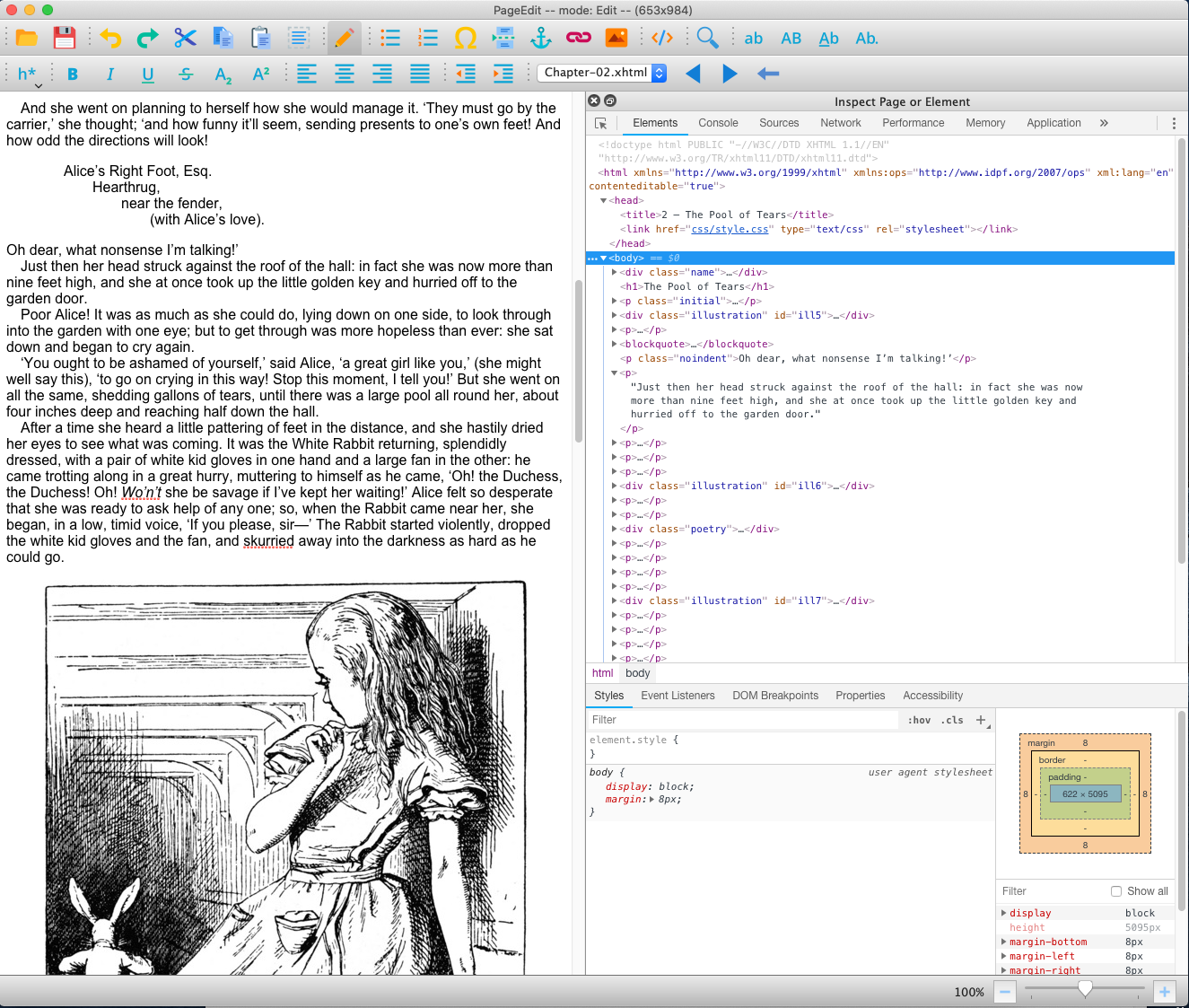PageEdit is a true pleasure for editing html files that will be use for things like online documentation or even in-app help. For many years I used BlueGriffon but the last update of that was 2019 and some Linux distros have dropped inclusion. Technically they only supported Ubuntu, but AUR had a build as did other places. Given Ubuntu’s massive bloat and sluggish performance since the 20.04 release (getting far worse with 22.04) people are fleeing to Manjaro and other distros.
Manjaro
Regular readers will note that I’ve written about Manjaro many times. For machines that don’t have an NVIDIA card, it has become my favorite Linux distro. Very fast to boot and to use. They’ve really done an amazing job making the expert-friendly Arch Linux world user-friendly. I believe the “community” maintained Cinnamon is my favorite though I’m writing this on the official XFCE desktop release. The Cinnamon release comes with Vivaldi pre-installed while you have to install Vivaldi on the XFCE release. Vivaldi is a rather amazing and fast browser dedicated to privacy. Everyone should be using it.
PageEdit
At any rate, Manjaro no longer has BlueGriffon. I needed something new. I like being able to bounce between WYSIWYG and source. So much of our in-app documentation needs to be html for built-in browser consumption these days and sometimes you need complicated stuff.
In the late 1980s P.J. Plauger and others wrote about wanting to publish their books and documentation in Hyper Text. Some articles were in The C User’s Journal and others in the various trade rags of the day. Most of you weren’t around in the days of DOS and full screen text only editors. You could have any color you wanted as long as it was the color of the phosphor in the monitor.

At the time I had an NCR PC-4 like the one in the above image. I even had a 20 MEG external hard drive in a wood enclosure (I built myself) and it had its own power supply. I was using WordPerfect to write books and documentation for work and I knew for a fact they were (*^)(*&)ing nuts!
Roughly forty years later, we have tools to create stuff that looks like this.

Instead of having to use ugly html source code in all one color while praying for the best, we can function like a word processor, dropping to source only when needed.
Why did everyone use WordPerfect? Because it was the best. Why was it the best?
That’s right. Whenever your layout was hosed beyond recognition (usually due to an unfortunate cut & paste), you could hit F5 and go looking through the source code for what hosed it. With PageEdit you can now do the same thing. Yes, BlueGriffon allowed you to toggle between source and WYSIWIG but they only supported Ubuntu and it wasn’t quite as good. Where it really fell down was tables. I have not tried tables with PageEdit yet, so my hopes might be too high.
Summary
You really need to use PageEdit for your html documentation. If you want to write entire EPUB books try it’s parent project, Sigil.
